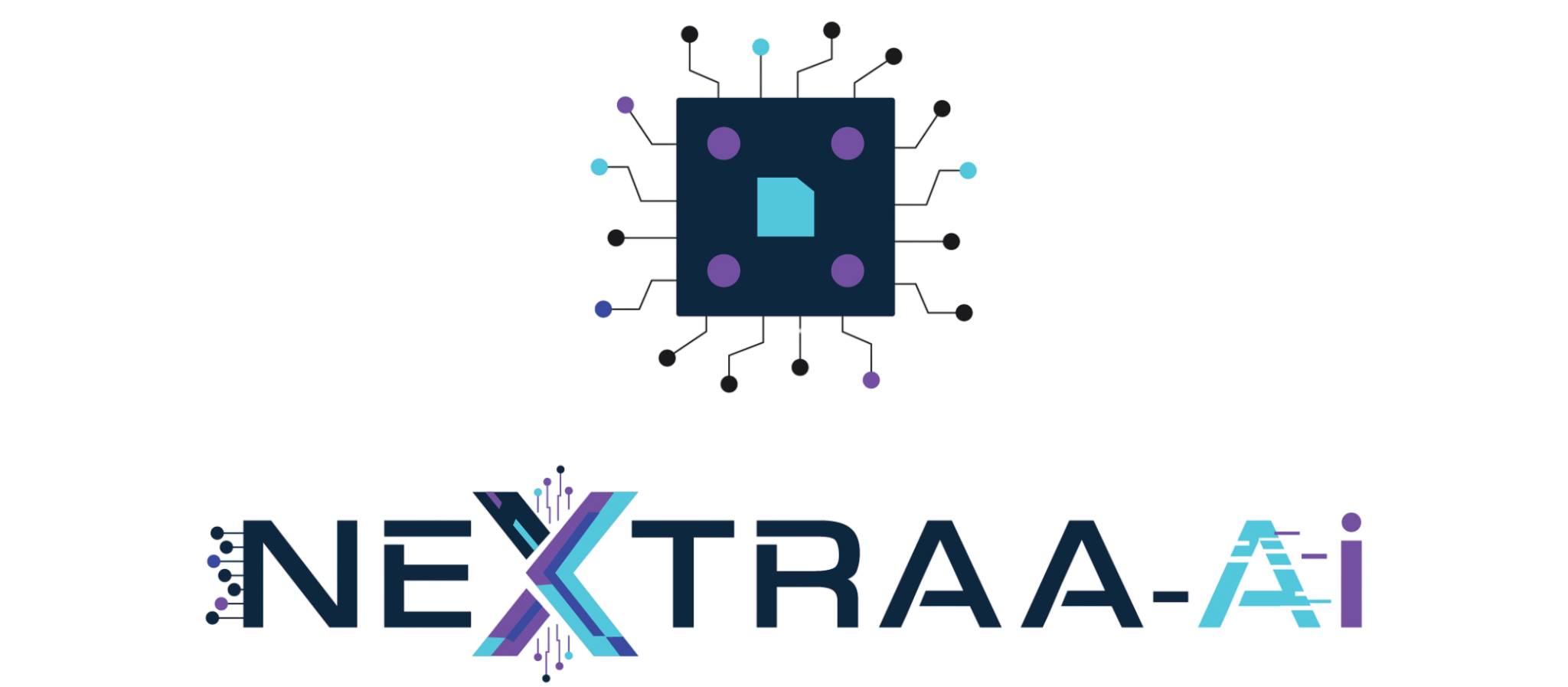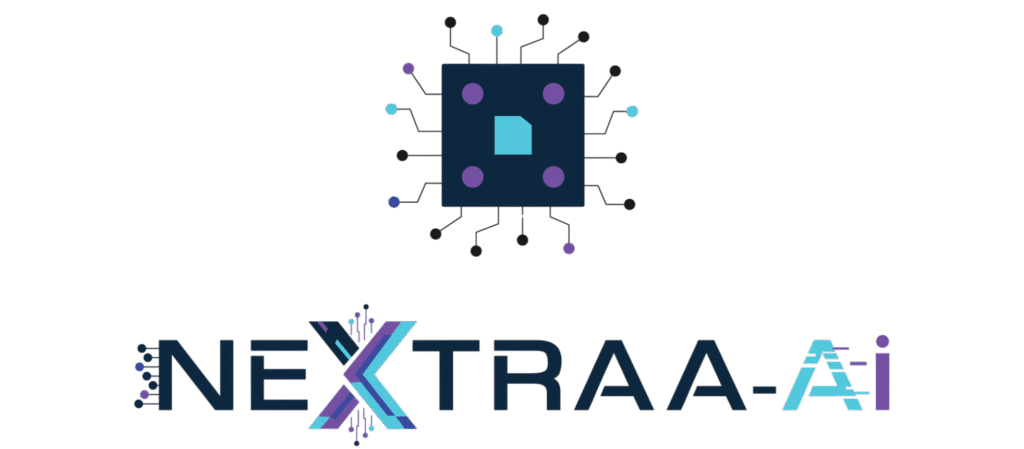
Sales funnels have always been at the heart of marketing and sales. From attracting prospects to closing deals, they provide a structured journey that turns interest into action. Yet, in today’s fast-moving digital economy, traditional funnels often fall short. They are slow, manual, and sometimes fail to reach the right audience at the right time.
This is where AI powered lead generation is reshaping the future of sales. By combining automation with predictive insights, AI is transforming sales funnels into more efficient, personalized, and results-driven systems.
The Shift: From Traditional Funnels to AI-Driven Funnels
In the past, sales funnels relied heavily on cold calls, generic email campaigns, and human judgment to identify prospects. These methods required significant effort and often produced inconsistent results. AI-driven funnels, however, introduce a new level of intelligence.
They use real-time data, machine learning, and behavior tracking to understand prospects better and predict outcomes more accurately. Instead of casting a wide net, businesses can now focus on high-value leads that are more likely to convert, saving both time and resources.
Stage 1: Smarter Prospecting with AI-Powered Lead Generation
The first stage of any funnel is finding the right audience, and this is where AI brings a major advantage. Traditional prospecting often meant long hours of research with little certainty about lead quality. AI changes that by analyzing vast amounts of data from social platforms, websites, and customer interactions.
By the help of AI, businesses can identify prospects who show genuine buying intent and there’s many companies which provide AI Lead generation services which will be helpful for any business owner. By filtering out low-quality leads and focusing on the most promising ones, AI-powered prospecting ensures the funnel starts with a stronger foundation.
Stage 2: AI-Enhanced Qualification and Nurturing
Once leads enter the funnel, qualification and nurturing determine whether they progress or drop out. This stage has historically been resource-intensive, but AI simplifies the process without losing the personal touch. Machine learning systems can group leads into categories, predict what content will resonate, and even send timely messages automatically.
For example, AI-driven chatbots and email platforms can engage with prospects instantly, keeping them interested while sales teams focus on higher-value tasks. Over time, this consistent and tailored communication builds trust and strengthens relationships.
Stage 3: Conversion Optimization Through AI
Moving leads from interest to action is the ultimate goal of a funnel, and AI makes this transition smoother. Instead of relying on guesswork, AI provides predictive insights into buyer behavior. It can suggest the best time to follow up, identify potential objections, and recommend products or services that fit the prospect’s needs.
AI Lead generation tools also track conversations and provide real-time support to sales representatives, helping them close deals more effectively. With these enhancements, conversion rates increase because every interaction feels more relevant and timely.
Stage 4: Retention and Post-Sale Growth with AI
A strong sales funnel does not end with the purchase. Retaining customers and encouraging repeat business is equally important, and AI is playing a critical role in this stage as well. Advanced systems can detect early signs that a customer may leave, giving businesses the chance to take proactive action.
AI also powers recommendation engines that suggest upgrades, add-ons, or complementary products, which enhances customer satisfaction and increases revenue. By continuously analyzing customer data, AI ensures that post-sale interactions remain engaging and personalized, turning one-time buyers into loyal clients.
Case Studies: Real-World Impact of AI-Powered Lead Generation
Businesses that have embraced AI-powered funnels are already seeing significant benefits. A B2B software company, for example, used AI to prioritize leads and cut down the time wasted on unqualified prospects, resulting in a noticeable increase in conversions.
An eCommerce retailer integrated AI-driven product recommendations into its funnel and saw higher average order values as well as improved customer retention. These examples prove that AI-powered lead generation is not just a theory but a practical approach delivering measurable results.
Future of AI-Powered Sales Funnels
The evolution of AI is ongoing, and sales funnels will continue to adapt alongside it. In the near future, we are likely to see autonomous sales agents capable of managing entire customer journeys without human intervention.
Voice-driven AI and conversational intelligence will allow for even more natural interactions, while advanced journey mapping tools will create highly personalized experiences at every stage. Businesses that prepare for these developments now will gain a competitive edge as customer expectations continue to rise.
FAQs
Can AI create and manage a sales funnel?
Yes, AI can both create and manage a sales funnel. By analyzing customer data, AI can identify target audiences, automate lead nurturing, personalize communication, and predict which prospects are most likely to convert. This reduces manual effort and ensures that every stage of the funnel runs more efficiently.
How Does the Sales Funnel Work in Lead Generation?
The sales funnel in lead generation represents the journey a potential customer takes from initial awareness to becoming a paying client. At the top, businesses attract a wide audience, then qualify and nurture leads through targeted communication.
What Are the Main Stages in a Sales Funnel?
The main stages of a sales funnel typically include awareness, interest, consideration, decision, and retention. In the awareness stage, prospects first discover a brand. During interest and consideration, they explore solutions and compare options. At the decision stage, they commit to a purchase, and in the retention stage, businesses work to maintain the relationship and encourage repeat sales.
Conclusion
The journey from traditional sales funnels to AI-driven systems shows how much the landscape has evolved. Every stage of the funnel, from prospecting to retention, is now more efficient thanks to AI powered lead generation.
Businesses that embrace this change are not just improving productivity but also delivering the personalized experiences that modern buyers demand. As AI continues to advance, sales funnels will only become smarter, more predictive, and more valuable for long-term growth.




